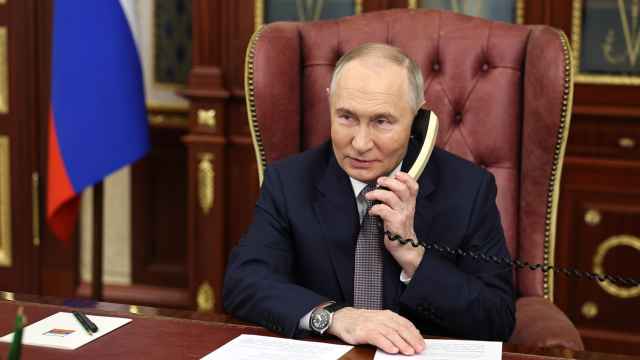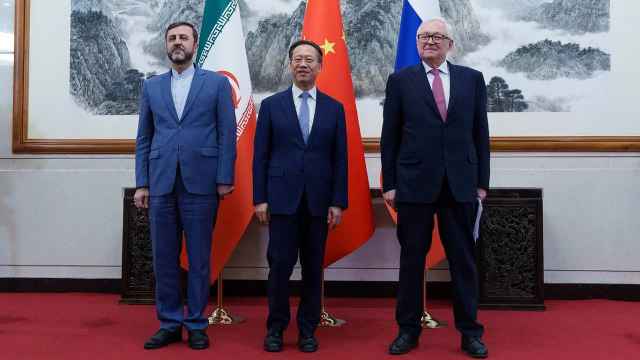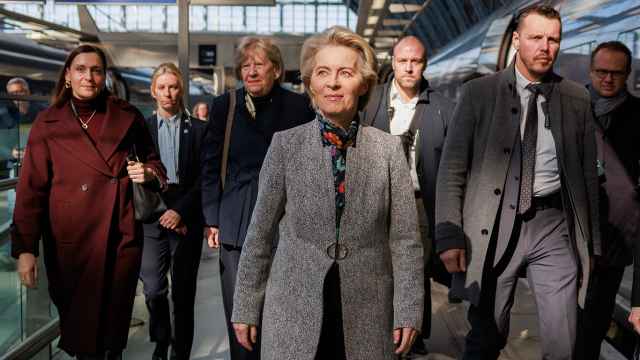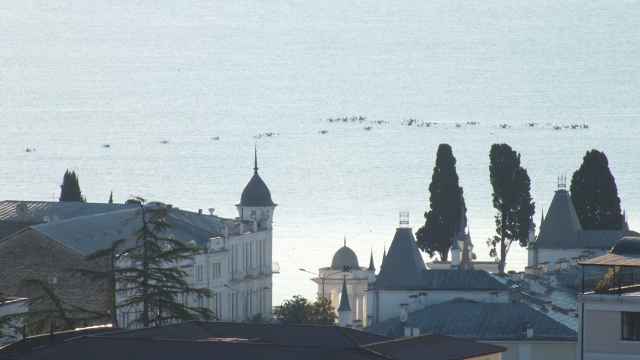The MT Conferences section did not involve the reporting or the editorial staff of The Moscow Times.
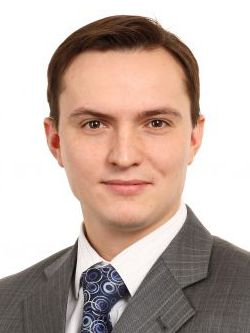
Alexander Kosov
Head of Practice for Customs and Foreign Trade Regulation, PhD in Law
Pepeliaev Group
The effective customs legislation of the Customs Union of Russia, Belarus and Kazakhstan envisages the following customs benefits for foreign investors who would like to localize manufacture of goods in Russia.
(1) Customs duty concession for the goods imported as an in-kind charter capital contribution of a foreign investor
The import customs duties concession may be provided under the condition that the goods refer to the main production assets (e.g. production equipment), are not to be excisable goods (e.g. passenger motor vehicles) and are imported within the time period of the charter capital formation. If all these conditions may be met, the importer may enjoy full exemption from import customs duty.
The main disadvantage of this customs concession is the complicated procedure involved in the importation of the goods as in-kind charter capital contribution. These complications are caused by significant management and administrative efforts to be involved, by the significant time frame required for implementation. The import of the goods as an in-kind contribution to the charter capital and within the period of charter capital formation should be duly documented. The provision of the security for the customs payments for the period of the charter capital formation may be required under the placement of the imported goods under the customs procedure. The importer which enjoys the customs concession should comply with the restrictions on usage and disposal of the goods within a five year period since the date, when the goods were released by the customs authorities. During this five-year period if the goods need to be repaired, the respective customs formalities may be required to be performed in respect of this equipment and its parts which are out of order. If the goods are subject to sale or leasing to a third person or in case of withdrawal of the foreign investor from the founders (participants) of the importer during the above five year period, the customs duties that were exempt should be paid by the importer.
(2) Import VAT concession for the technological equipment, its components and spare parts, the analogues of which are not produced in the Russian Federation
This concession may be applied in respect to the types of the equipment, included into the List approved by the Resolution of the Government of the Russian Federation dated April 30, 2009 No. 372. If the respective type of the equipment is not included into this List the interested person may initiate the procedure of amending the List.
If the equipment is shipped into Russia in disassembled mode, from the practical perspective for the purpose to enjoy this VAT concession it is advisable to obtain the preliminary classification decision.
(3) Special Economic Zones
Four Special Economic Zones (the SEZ) are being established in Lipetsk oblast, Republic of Tatarstan, Samara oblast and Sverdlovsk Oblast in Russia. Besides tax benefits, these SEZs envisage the possibility of applying the customs procedure of a free customs zone. The goods (i.e. the technological equipment, its components and spare parts, required for the manufacturing process as well as raw materials and components) customs cleared under this customs procedure may be used within the territory of SEZ without making import customs duties and VAT and without the application of the none-tariff measures. No export customs duty should be paid in respect to the products manufactured from the imported components. If such products are released for free circulation the import customs duties and taxes to be paid may be calculated based on the rates related to either the imported components or to the manufactured products based on the choice of the manufacturer provided that the respective criteria for processing and identification requirements are met.
To enjoy the above customs benefits the Russian legal entity should be registered in the respective SEZ and it cannot have a branch outside SEZ. The resident performs its activity in accordance with the Agreement on the Production Activity (production and/or processing of the goods (products) and their sales) which should be concluded with the Ministry of Economic Development of Russia. The resident of the special economic zone is obliged to perform capital investments in rubles at the amount, which is equivalent to USD 4.5 million, at least 1.5 million of which should be invested within the first year since the date of signature of the indicated Agreement.
(4) Customs procedures of Processing on customs territory and Processing for internal consumption
The customs procedure of Processing on Customs Territory (inward processing) provides for full exemption from import customs duties and taxes levied on the imported goods, provided that the goods produced from the imported goods (the Processed products) are exported from the customs territory of the Customs Union and other conditions are met.
The Custom procedure of Processing for Internal Consumption stipulates that the imported goods are used for the refinery (processing) operations without making import customs duty. The Processed products should be released for free circulation on the customs territory of the Customs Union with making import customs duties following the rates, applicable to the Processed products. Consequently, in cases, where the customs duty rate with respect to the Processed products is zero, the application of the customs procedure of the Processing for internal consumption allows to decrease the import customs duty expenses significantly.
However, this customs procedure may be applied only in respect to the goods which are included into the List approved by the Government of the Russian Federation. The effective Resolution of the Government No. 565 dd. July 12, 2011 envisages the list of components required for assembling units of passenger cars and trains. Therefore, for the purpose to enjoy it, the respective amendment should be introduced into the Resolution of the Government.
The MT Conferences section did not involve the reporting or the editorial staff of The Moscow Times.
A Message from The Moscow Times:
Dear readers,
We are facing unprecedented challenges. Russia's Prosecutor General's Office has designated The Moscow Times as an "undesirable" organization, criminalizing our work and putting our staff at risk of prosecution. This follows our earlier unjust labeling as a "foreign agent."
These actions are direct attempts to silence independent journalism in Russia. The authorities claim our work "discredits the decisions of the Russian leadership." We see things differently: we strive to provide accurate, unbiased reporting on Russia.
We, the journalists of The Moscow Times, refuse to be silenced. But to continue our work, we need your help.
Your support, no matter how small, makes a world of difference. If you can, please support us monthly starting from just $2. It's quick to set up, and every contribution makes a significant impact.
By supporting The Moscow Times, you're defending open, independent journalism in the face of repression. Thank you for standing with us.
Remind me later.


